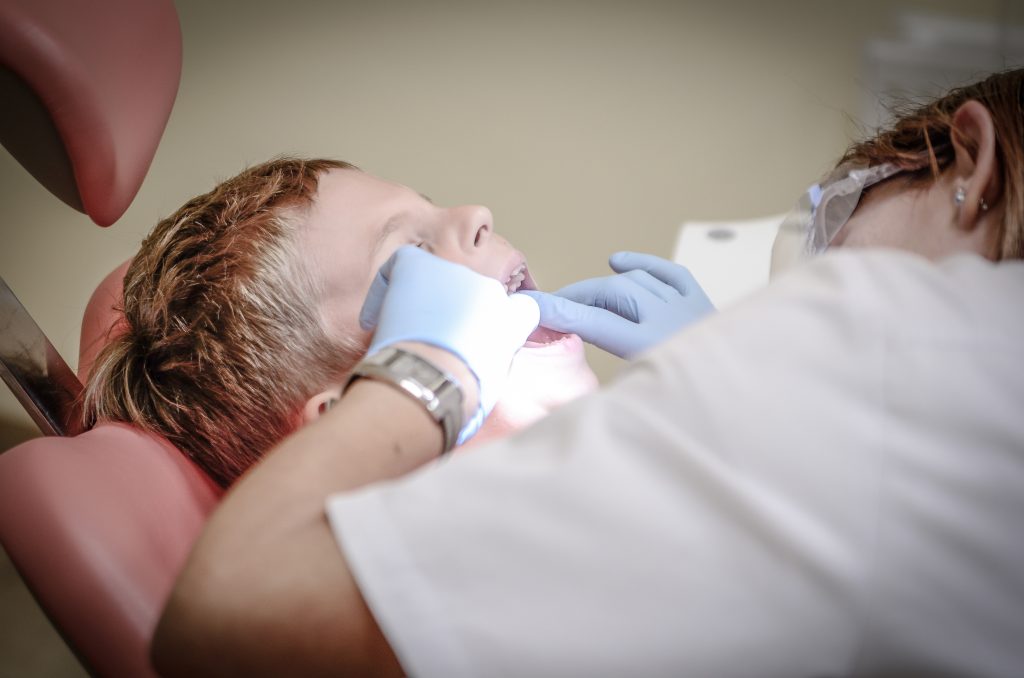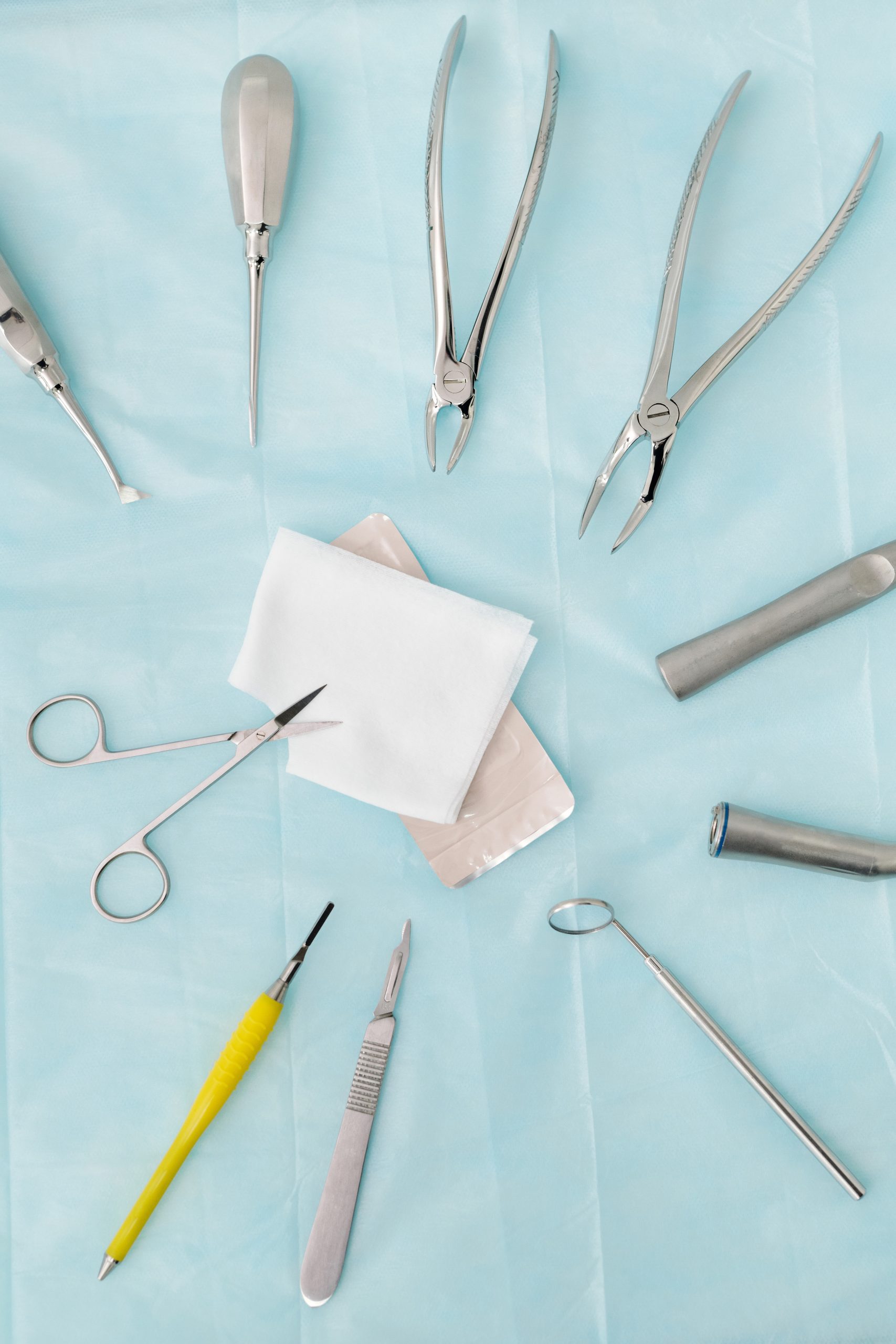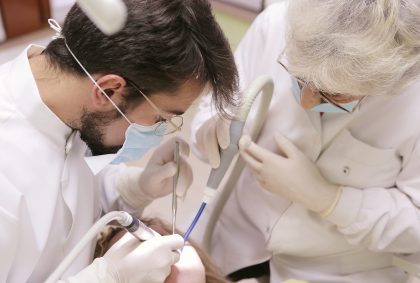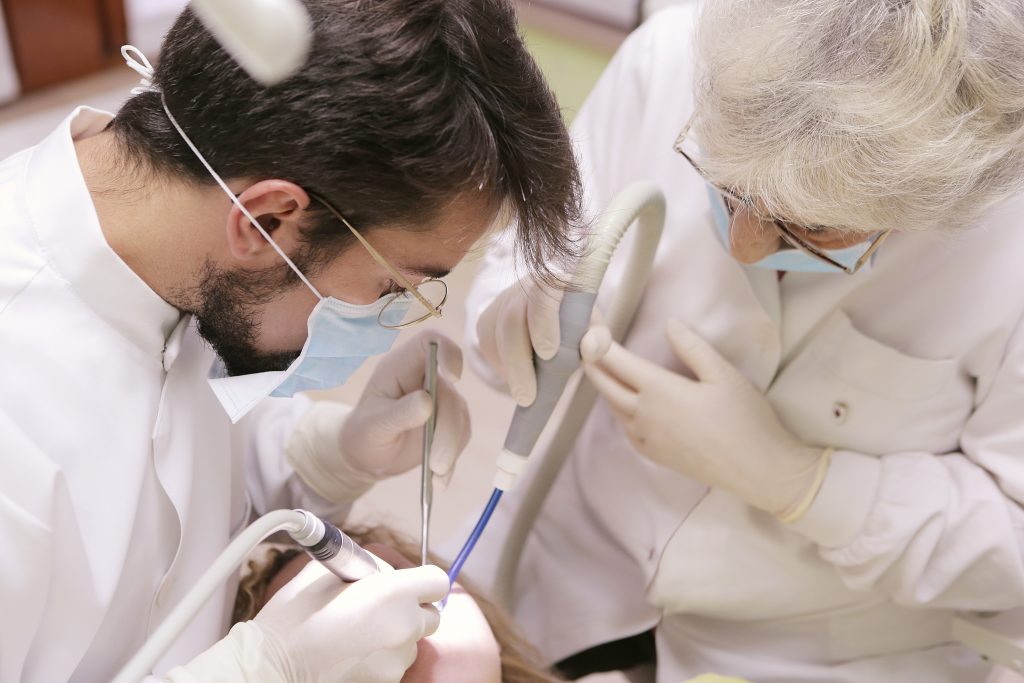Trends And Developments In Dentistry
In dentistry, methods change relatively frequently and quickly. The use of new technologies and adhesives ensures greater efficiency here.
Holistic dentistry is also being used more and more frequently. Biocompatible dentures with particularly favorable properties for the body play just as much a role here as the connection of teeth with other parts of the body through the nerve pathways. Laser technology replaces the drill, for example. Or ceramic inlays can be produced directly in the practice in a few minutes.
Financing and the German health system are constantly presenting the self-employed dentists with new hurdles. The acquisition of new equipment requires expensive investments that have to pay off again. Health insurers cut services and patients now have to pay themselves, for dentists this means that they have to do persuasive work.
Typical Industries
Dentists primarily find employment
- in dental offices and dental clinics
They also find employment
- in medical research and teaching
- in the pharmaceutical industry
- at health authorities, health insurance companies and dentists’ associations

The Daily Routine As A Dentist
The daily routine as a dentist depends on whether you work in a clinic, research or practice. For example, the working day of a resident dentist looks like this:
07:30 am
Arrival at your practice: You discuss the course of the day with your employees.
8:00 a.m.
Your practice opens and the first patients are already at the door. The 9-year-old Maximilian is very afraid of the dentist. With your calm and empathetic manner you take him with you into the treatment room. After half an hour he has already made it. Since his teeth are fine, the dental assistant only showed him once more how to brush his teeth properly.
8:30 a.m.
Several check-ups follow. You remove tartar from the teeth of all patients. Some also suffer from tooth decay. Since you cannot perform these treatments on the same day due to lack of time, your assistants will make new appointments for them.
13:00 ‘O clock
During the lunch break you have time to have a bite to eat and to prepare for work in the afternoon. A root canal treatment is about to take place with Ms. Müller.
14:00 clock
Ms. Müller comes into your treatment room with trembling knees. You chat a little and you explain your approach to her. You perform the root canal treatment with the help of local anesthesia.
3:15 p.m.
The next check-up is due. Mr. Schneider is already waiting for you. He would like to have a local anesthetic for his caries treatment so that he does not feel any pain.
5:45 p.m.
The last appointment for today: The goal is a crunch for Mr. Lau. To do this, you make an impression of his teeth. To adjust the finished splint, Mr. Lau will make another appointment with your assistant.
6:10 p.m.
The practice closes. You do the administrative tasks that were left behind and sign prescriptions. Then you go into the evening.


